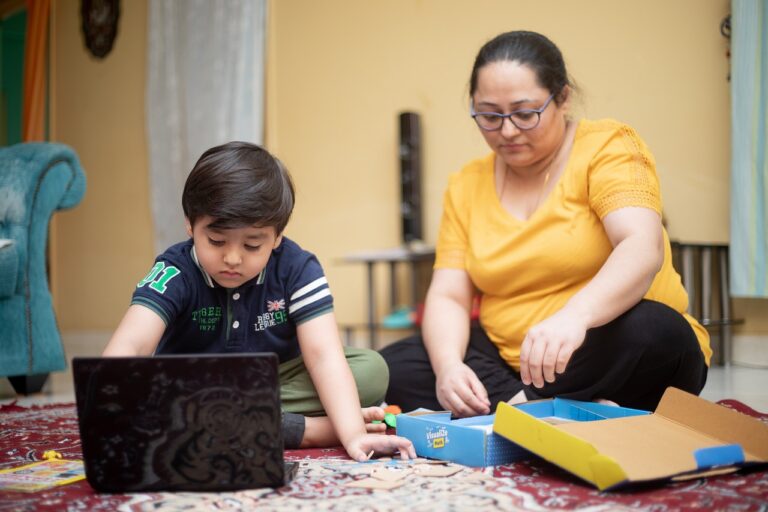Evaluating the Effectiveness of Formative Feedback Strategies: Allpanel 777, Laserbook247.online, 99exch.in
allpanel 777, laserbook247.online, 99exch.in: Formative feedback is an essential aspect of the learning process. It provides students with valuable insights into their understanding and progress, allowing them to make necessary adjustments and improvements. As educators, it is crucial to evaluate the effectiveness of the feedback strategies we employ to ensure they are impactful and beneficial to student learning.
One common formative feedback strategy is providing timely and specific feedback. Feedback should be given promptly after an assessment or assignment to help students understand where they went wrong and how they can improve. The feedback should also be specific, pointing out the strengths and weaknesses of the student’s work in detail.
Another effective feedback strategy is using a variety of formats. Written comments, verbal feedback, and even peer feedback can all be valuable tools for helping students learn and grow. Mixing up the formats can keep students engaged and provide different perspectives on their work.
Self-assessment and reflection are also important components of formative feedback. Encouraging students to assess their own work and reflect on their learning process can help them take ownership of their learning and identify areas for improvement.
Regular check-ins and progress monitoring can also be effective formative feedback strategies. By regularly checking in with students on their progress, you can identify any challenges they may be facing and provide additional support as needed.
Peer feedback is another valuable tool for formative assessment. It encourages collaboration and allows students to learn from each other. Peer feedback can also help students develop critical thinking and communication skills.
Ultimately, the effectiveness of formative feedback strategies should be evaluated based on their impact on student learning. Are students using the feedback to make improvements? Are they showing growth over time? These are important questions to consider when assessing the effectiveness of your feedback strategies.
In conclusion, formative feedback is a critical component of the learning process. By evaluating the effectiveness of your feedback strategies, you can ensure that you are providing students with the support they need to succeed.
FAQs:
Q: How often should formative feedback be provided?
A: Formative feedback should be provided frequently, ideally after every assessment or assignment.
Q: How can I ensure that my feedback is specific and helpful to students?
A: Providing detailed comments and specific examples in your feedback can help students understand where they went wrong and how they can improve.
Q: What should I do if students are not using the feedback to make improvements?
A: It may be helpful to have a conversation with the student to understand why they are not using the feedback and provide additional support as needed.







